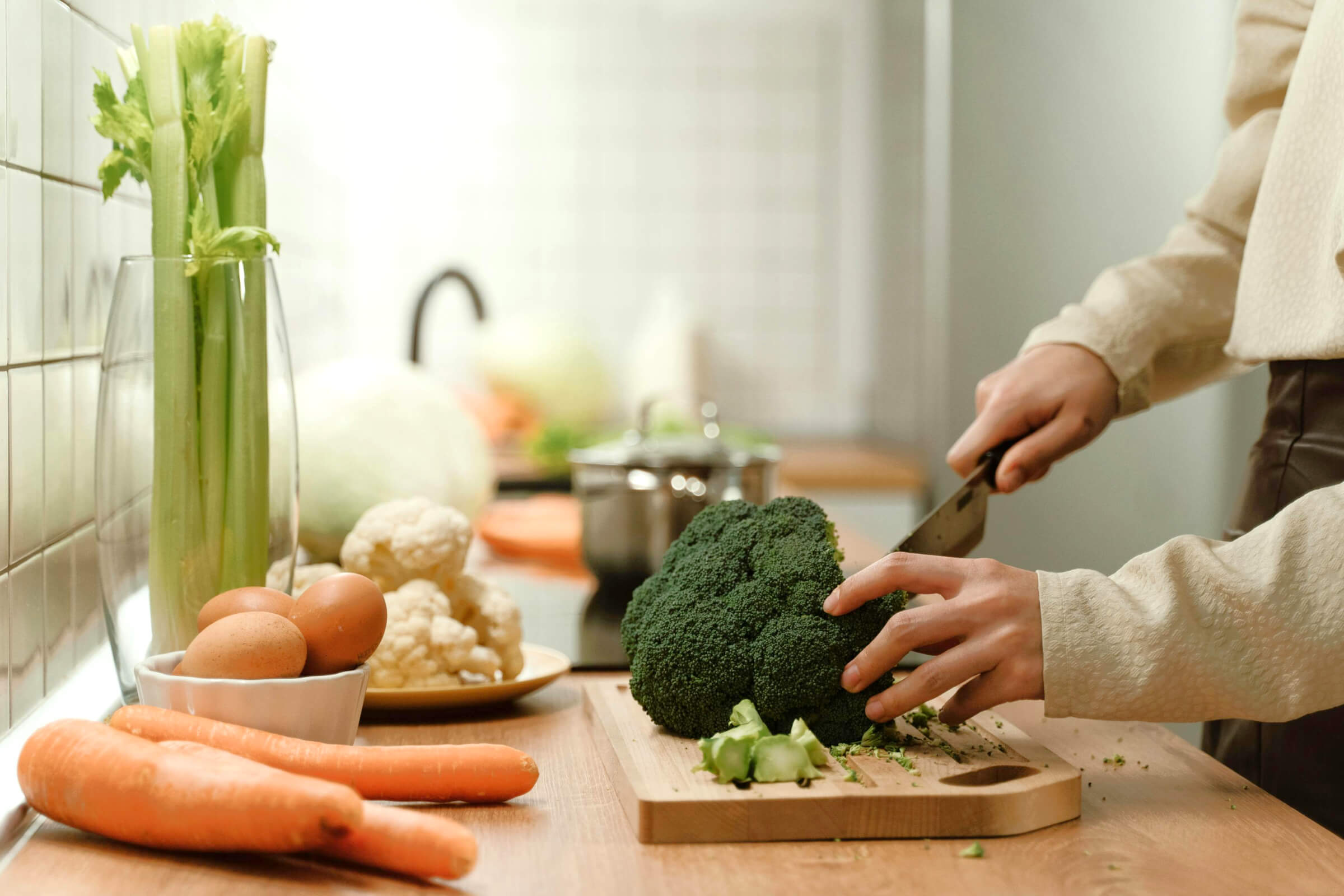

Meal planning is a game-changer when it comes to cutting food costs and boosting your everyday nutrition. But do you know what’s often overlooked? How meal planning can also be a fun and creative outlet.
With some imagination, you can turn meal planning into an exciting and enjoyable experience.
Here are some of our favourite budget-friendly meal planning tips to get you started. Happy meal prepping and cooking!
When you're meal planning on a budget, it's essential to stick to simple recipes that don't require a lot of expensive ingredients or fancy cooking techniques. Stick to recipes with a few basic ingredients that you can easily find at your local grocery store.
A savvy way to save money on groceries is to plan your meals around sales and seasonal produce. Before you start your meal planning, check out the local Aldi, Coles, Woolies or IGA catalogues to see what's on sale. You can also search online for recipes that use seasonal produce, because it’s not only fresher, but usually a lot cheaper too.
One of the best ways to avoid overspending at the grocery store is to go in prepared with a shopping list. Before you head to the store, list everything you need for your planned meals. This will help you stay focused and avoid impulse purchases.
Top tip: Don’t shop on an empty stomach—it can make your eyes bigger than your cart!
When you're shopping for groceries, don't be afraid to buy generic brands. Generic brands are often just as good as name-brand products, but are much cheaper. Try swapping out a few of your usual brands for generics and see how much you can save.
Protein is an essential part of any healthy meal, but can also be one of the most expensive ingredients. To save money on protein, try using affordable sources like eggs, canned tuna and beans.
Cooking more than you need to eat in one seating is an excellent way to save time and money on meal prep. If you're cooking a recipe that freezes well, make a double or triple batch and freeze the extras for later. This is a great option for soups, stews and casseroles.
Another great way to save money on food is to use leftovers. Instead of letting pieces go to waste, try incorporating them into your meal planning. For example, if you have leftover chicken from dinner, you can make chicken salad for lunch the next day.
You might also like:
> Save money with Paylab shopping rewards
> How to save money on groceries and everyday purchases
> Mindful shopping: 5 tips to make every purchase count